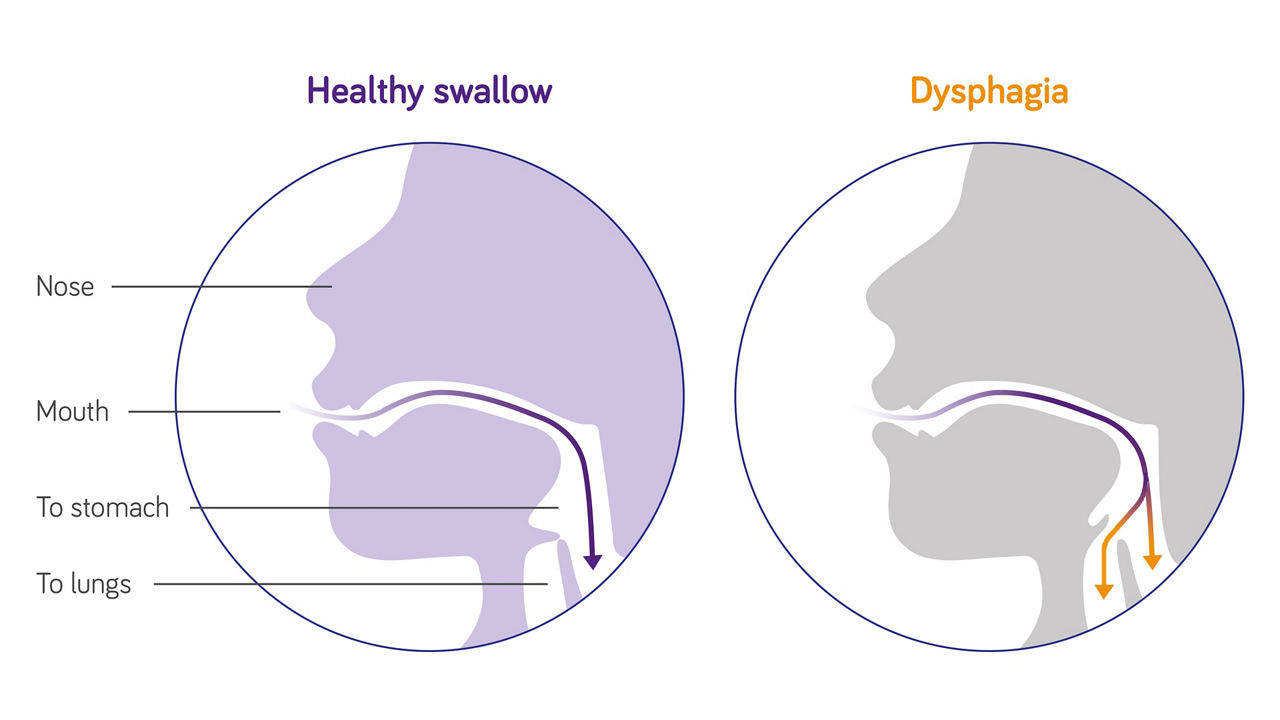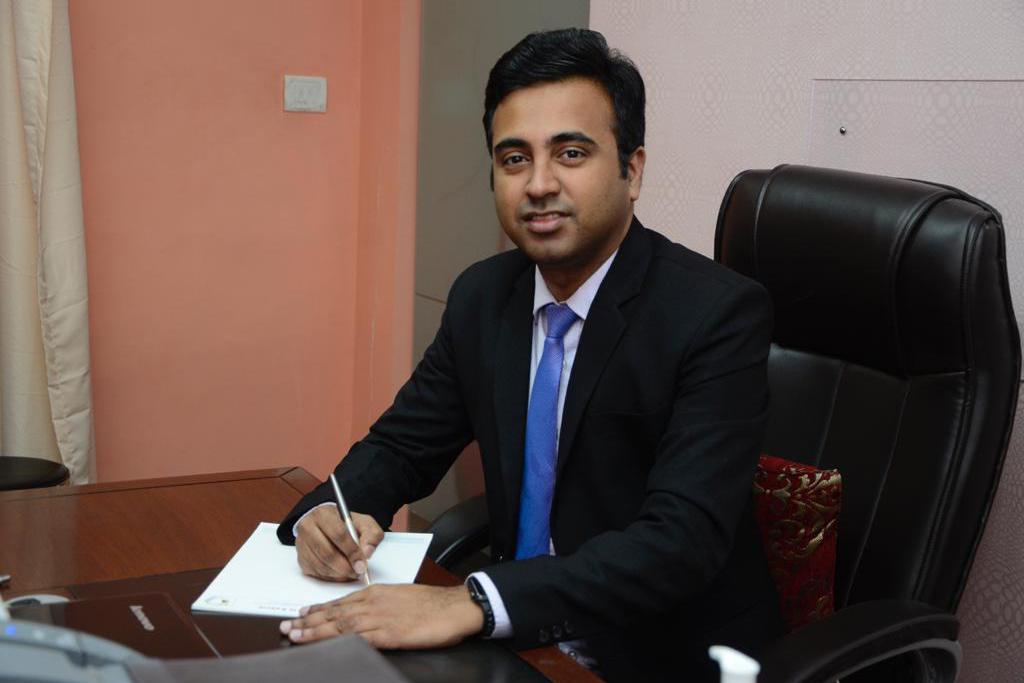A child should see a Pediatric gastroenterologist if they experience persistent or severe gastrointestinal symptoms or if their pediatrician recommends a referral to a specialist due to concerns about digestive health. Here are some specific situations in which a child should see a pediatric gastroenterologist:
1. Chronic Abdominal Pain: If a child has ongoing or recurrent abdominal pain that is severe, persistent, or affecting their daily activities, it may warrant evaluation by a pediatric gastroenterologist.
2. Recurrent Vomiting: Frequent or recurrent episodes of vomiting, especially if accompanied by other concerning symptoms, should be evaluated by a specialist.
3. Chronic Diarrhea: If a child has chronic diarrhea, particularly if it is accompanied by weight loss, blood in the stool, or other concerning symptoms, a pediatric gastroenterologist should assess the condition.
4. Blood in Stool: The presence of blood in a child’s stool (hematochezia or melena) is a concerning symptom that requires evaluation by a pediatric gastroenterologist to determine the underlying cause.
5. Unexplained Weight Loss: Significant and unexplained weight loss in a child may be a sign of a gastrointestinal disorder and should be investigated by a specialist.
6. Growth Concerns: If a child is experiencing poor growth, failure to thrive, or difficulty gaining weight, a pediatric gastroenterologist can assess their nutritional and gastrointestinal health.
7. Food Allergies: Children with suspected food allergies, especially if they are experiencing severe allergic reactions, may benefit from evaluation by an allergist and a pediatric gastroenterologist to manage and monitor their condition.
8. Chronic Constipation: Persistent and severe constipation that does not respond to standard treatments should be evaluated by a pediatric gastroenterologist.
9. Reflux Symptoms: Gastroesophageal reflux symptoms, especially if severe or not responding to treatment, may require assessment by a specialist.
10. Suspected Gastrointestinal Disorders: If a pediatrician suspects a specific gastrointestinal disorder such as celiac disease, Crohn’s disease, ulcerative colitis, or other inflammatory bowel diseases, they may refer the child to a pediatric gastroenterologist for diagnosis and management.
11. Diagnostic Procedures: When specialized diagnostic procedures, such as endoscopy (upper or lower), colonoscopy, or motility studies, are needed to assess a child’s digestive health.
12. Family History: If there is a family history of gastrointestinal disorders or hereditary conditions that may affect the digestive system, a pediatric gastroenterologist can provide appropriate evaluation and screening.
It’s important for parents and caregivers to trust their instincts and seek medical attention if they have concerns about their child’s digestive health. Early evaluation and intervention by a pediatric gastroenterologist can help diagnose and manage gastrointestinal conditions effectively, improve a child’s quality of life, and prevent complications.
Pediatric gastroenterologists are specially trained to address the unique digestive health needs of children and adolescents.
For more information, consult Dr. Vedant Karvir the Best Pediatric Gastroenterologist in Mumbai Practicing at Globus Gastroenterology Hospital



